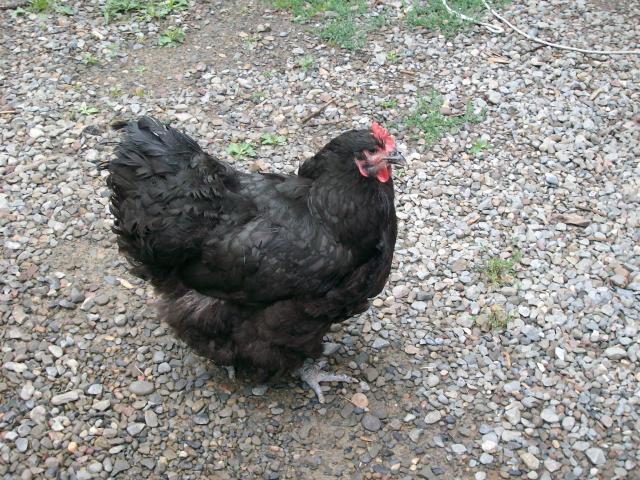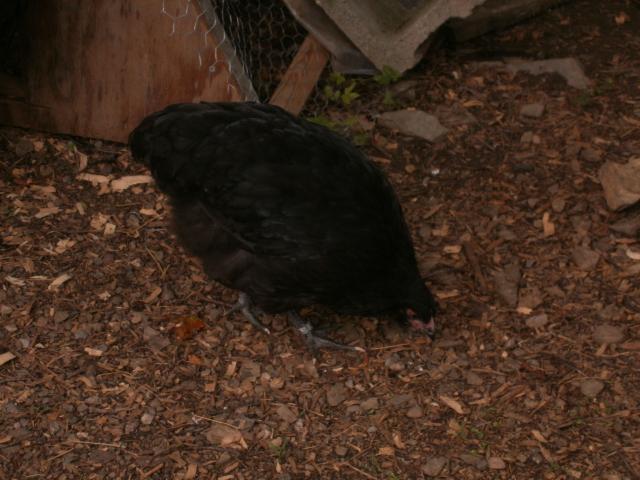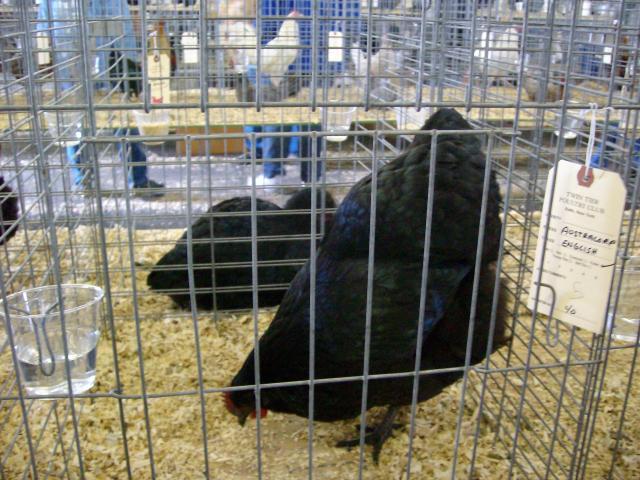Off of the top of my head, I'd love to have answers to the following questions:
Is one bird heavier than the other? Is there less genetic dilution in one line over the other? Are the standards that much different?? What are the goals of each group? What are the advantages of breeding the two lines together?
but would hate for the forum to become a dry place of people answering questions. Let's make this a dynamic discussion of the qualities that make us love the Orpingtons!! So, if you are breeder, could you also tell us why you enjoy the Orpingtons? and what characteristics do you personally breed for?
I know what my personal feelings and experiences are on which is the better option when it comes to maturity, productivity, fertility, meat quality, longevity and all of the heritage aspects of the breed (as William Cook set out with in his original development) but I'm not sure what good sharing that would do. Every person will have their own personal feelings about their birds. There are many more types of orpingtons out there than just American vs UK. There are birds bred specifically for production and others bred specifically for showing. Even these birds have differences that make them less valuable to one person, but more valuable to another. And for those who try to breed to the heritage traits, well they fall somewhere in the middle I suppose. It's all a matter of perspective and personal preference. Just because a bird has meat qualities or egg laying ability does not make it an orpington, just like all bantam crested birds are not silkies. There are many more factors involved than any one in particular. I think they're all beautiful and have their unique qualities, but my preference is to keep or get them back to what William Cook envisioned for this breed when he introduced it. In my research, I am finding that the UK has gone far from that path and the American birds are a bit closer to it.
Is one bird heavier than the other? Is there less genetic dilution in one line over the other? Are the standards that much different?? What are the goals of each group? What are the advantages of breeding the two lines together?
but would hate for the forum to become a dry place of people answering questions. Let's make this a dynamic discussion of the qualities that make us love the Orpingtons!! So, if you are breeder, could you also tell us why you enjoy the Orpingtons? and what characteristics do you personally breed for?
I know what my personal feelings and experiences are on which is the better option when it comes to maturity, productivity, fertility, meat quality, longevity and all of the heritage aspects of the breed (as William Cook set out with in his original development) but I'm not sure what good sharing that would do. Every person will have their own personal feelings about their birds. There are many more types of orpingtons out there than just American vs UK. There are birds bred specifically for production and others bred specifically for showing. Even these birds have differences that make them less valuable to one person, but more valuable to another. And for those who try to breed to the heritage traits, well they fall somewhere in the middle I suppose. It's all a matter of perspective and personal preference. Just because a bird has meat qualities or egg laying ability does not make it an orpington, just like all bantam crested birds are not silkies. There are many more factors involved than any one in particular. I think they're all beautiful and have their unique qualities, but my preference is to keep or get them back to what William Cook envisioned for this breed when he introduced it. In my research, I am finding that the UK has gone far from that path and the American birds are a bit closer to it.







